Razor’s Edge, The (1946)
“I don’t think I’ll ever find peace until I make up my mind about things.”
|
Synopsis: |
|
Genres, Themes, Actors, and Directors:
Review: … the package it’s presented in doesn’t satisfy. Tierney’s character is particularly poorly written: she comes across as slightly shallow but relatively sympathetic during the opening scenes: … then suddenly becomes an obsessively jealous psychopath after choosing to marry Payne (a nice guy). Perhaps there’s more insight about her in the novel, but this extreme shift doesn’t play well, and her treatment of Baxter is simply egregious (one is instantly reminded of her role the year before in Leave Her to Heaven, which apparently she was channeling here). Also less-than-convincing is the obvious use of studio sets when Power visits India. This film remains mildly noteworthy for presaging the influence eastern spirituality would have on American youth in the 1950s and ’60s, but otherwise hasn’t held up particularly well. Redeeming Qualities and Moments: Must See? Links: |
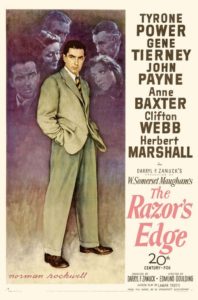
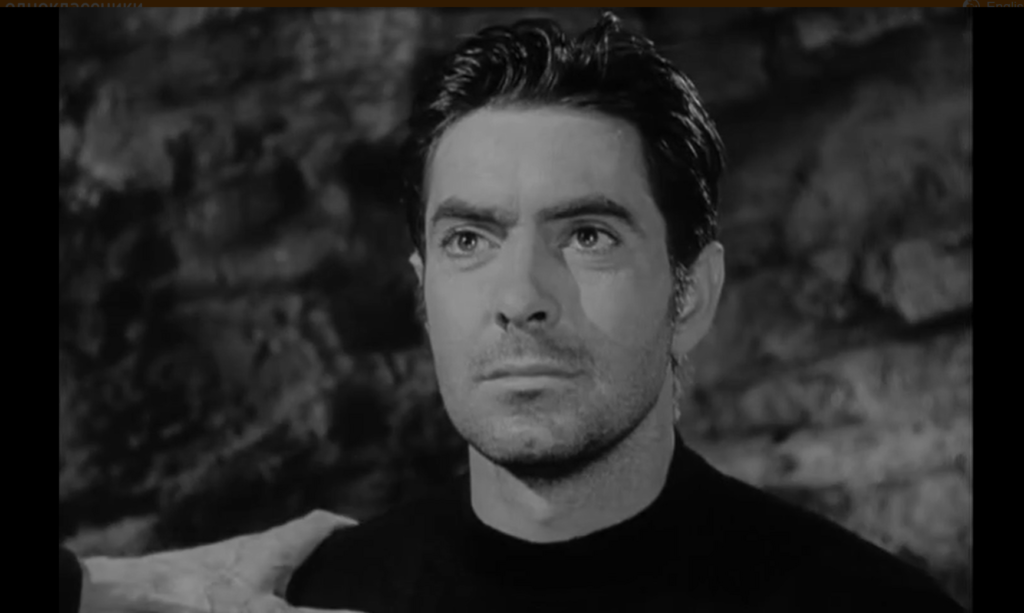
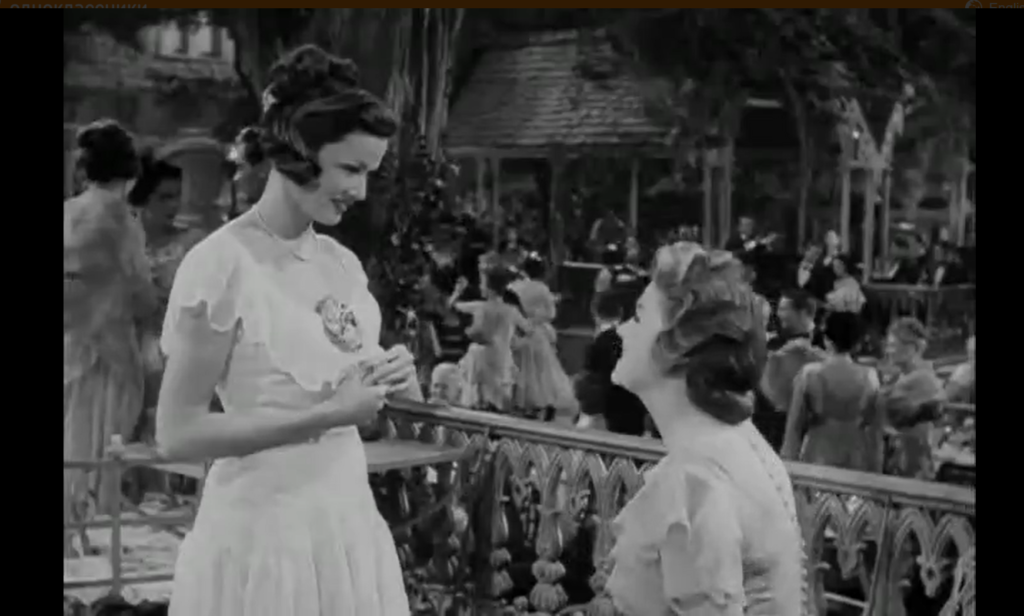
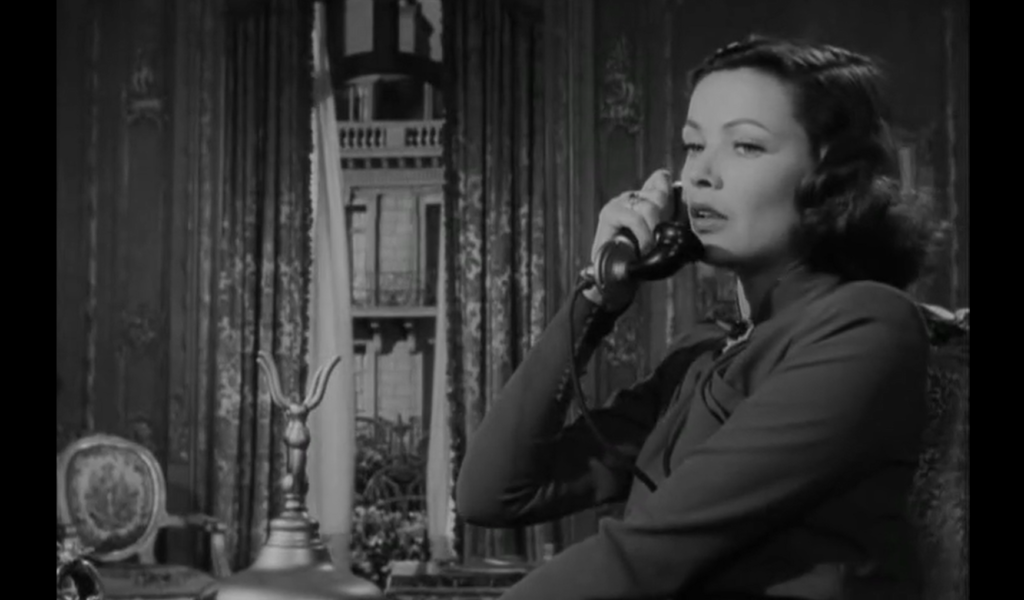
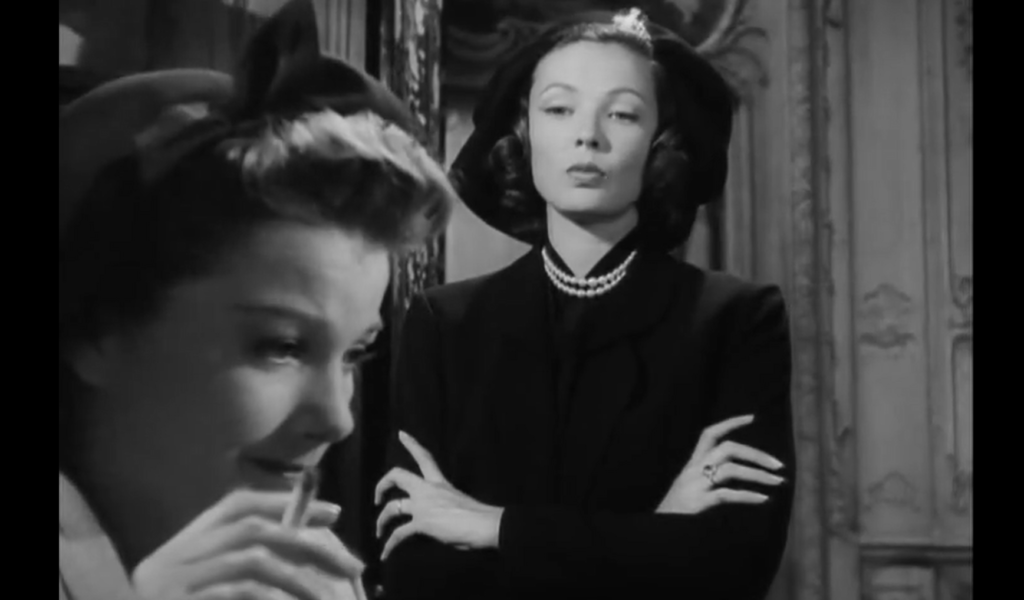
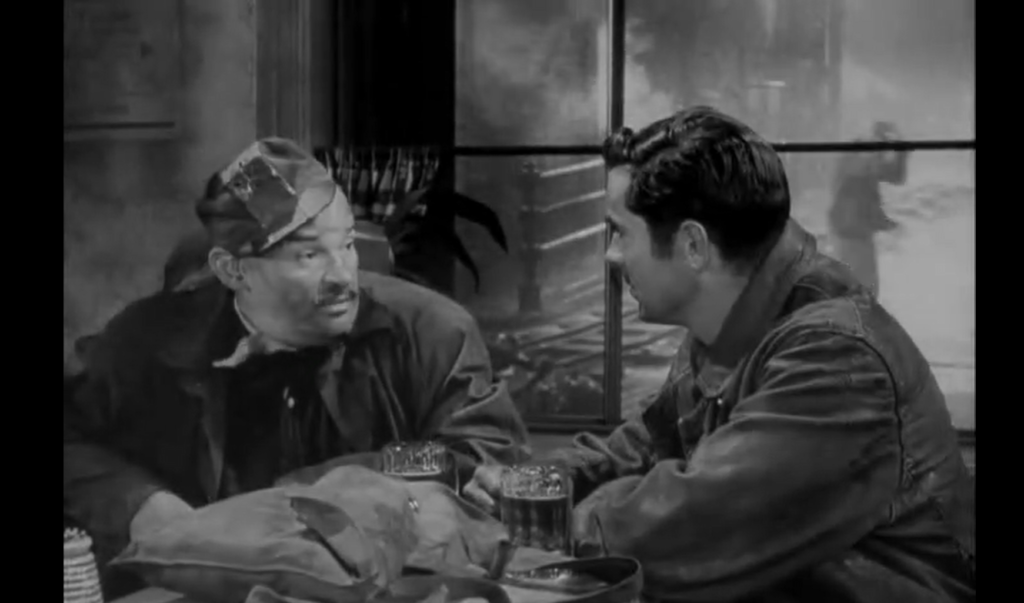
One thought on “Razor’s Edge, The (1946)”
Agreed – not must-see.
I believe I’ve read 3 Maugham novels so far: this one, ‘Of Human Bondage’ (among my favorite novels) and ‘Christmas Holiday’.
It’s going back about a decade now, but I saw the (admittedly good-looking) film version of ‘The Razor’s Edge’ soon after reading the novel (which I recall liking a great deal) – and the film (even with its impressive cast – some of them doing well – and a solid director) does not ultimately satisfy. I wouldn’t be able to give specifics without going back and reading the book and then rewatching the movie (LOL) but I do recall that as my overall feeling.